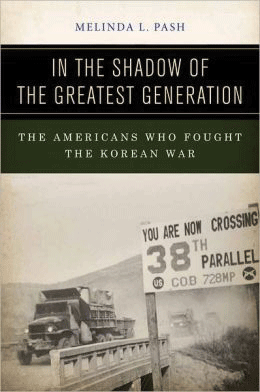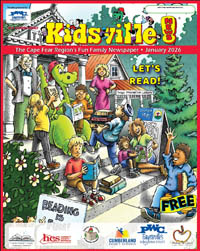 I have a terrible confession to make. I hate grading. But, lucky for me, teaching history at Fayetteville Technical Community College comes with many perks to offset my loathing of trying to assign just the right number of points to an essay or exam.
I have a terrible confession to make. I hate grading. But, lucky for me, teaching history at Fayetteville Technical Community College comes with many perks to offset my loathing of trying to assign just the right number of points to an essay or exam.
FTCC’s campus ranks among the loveliest in the state, the students unfailingly keep me on my toes, and, more important, I get to do one of my favorite things — live in the past. On a daily basis, I transform from a normal 21st century woman (my kids and husband might dispute the normal part) into an ancient tour guide, leading students through the Egyptian desert to the land of pyramids and mummies, exploring the wonders of the Indus River Valley Civilization’s fl ush toilets (as opposed to the horrors of Mesopotamian hygiene), forging a path through the complex Roman political system that allowed for both the rise and murder of Julius Caesar and marveling at the Hagia Sophia spiraling up from the cobbled streets of Constantinople.
Sometimes I am even able to tell a story that nobody has ever told before. That is what I did last November in my book, In the Shadow of the Greatest Generation: The Americans Who Fought the Korean War (New York: New York University Press, 2012). Many years ago, in my former life as a graduate student, I began searching for a dissertation topic.
The granddaughter of a Cherokee Indian World War II Navy veteran and a member of the generation that came of age to movies like Full Metal Jacket and Apocalypse Now, I felt certain that destiny had chosen me to write the next brilliant work on the veterans of either World War II or Vietnam. But, a chance encounter with a group of Korean War veterans made me realize that, M*A*S*H reruns aside, I knew nothing about the men and women who served in Korea. And, after digging a little deeper into the scholarly and popular record, I realized that nobody else did, either.
As a result, I began interviewing and surveying Korean War veterans and ultimately I shaped my research into a sort of collective biography. In the Shadow of the Greatest Generation follows the men and women who served in Korea from their shared childhood in the Great Depression and World War II through enlistment (voluntary or otherwise), military training, the war, homecoming experiences and more recent efforts to reclaim their rightfully earned status as war veterans.
The book attempts to give a voice to these forgotten soldiers of the “Forgotten War” and to demonstrate the impact of that war not only on those who served but also on America. Korea, after all, was the fi rst hot war of the Cold War and it was on the peninsula’s rugged hills that commanders in the field began dismantling military segregation.
My fascination with the Korean War and its veterans began long ago, but my view of that war and my work on Korean War veterans inevitably have been enriched by my experiences teaching at FTCC. Many of my students, themselves veterans of a war many Americans would like to put in the rear view mirror, have provided me with invaluable insights into military life and veteran struggles and have probably taught me more than I ever taught them.
So far, living in the past — and bringing my students with me, sometimes as unwilling passengers — has proven fulfi lling. I invite you to take a journey with me in my FTCC history class, and we’ll tour some interesting places from the past.
Now if I could just figure out a way to leave all the grading in the future.

 How to resolve AdBlock issue?
How to resolve AdBlock issue? 








